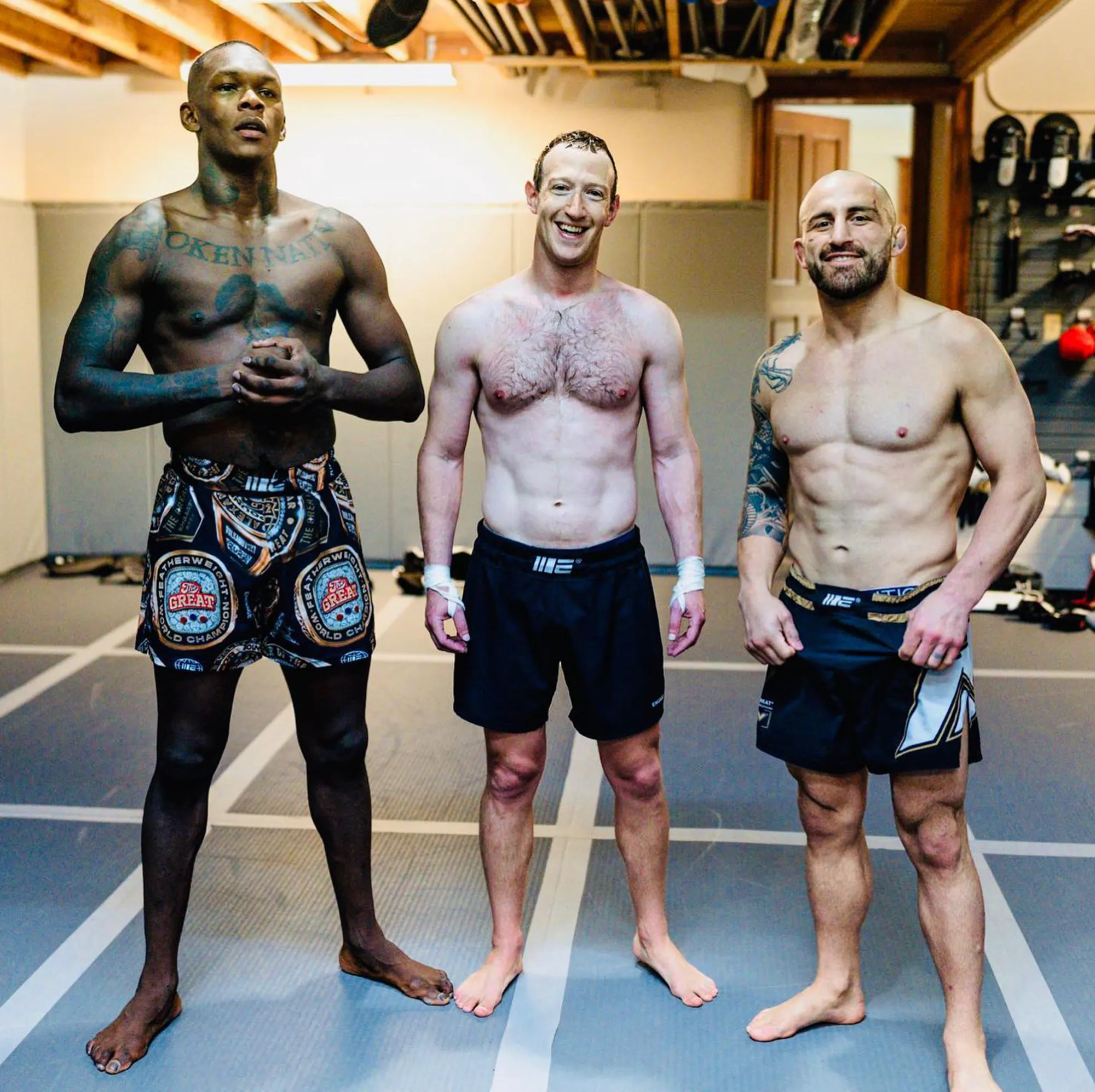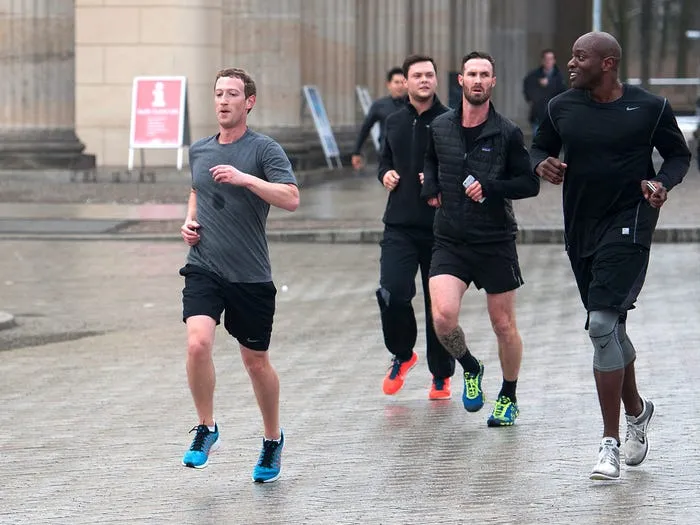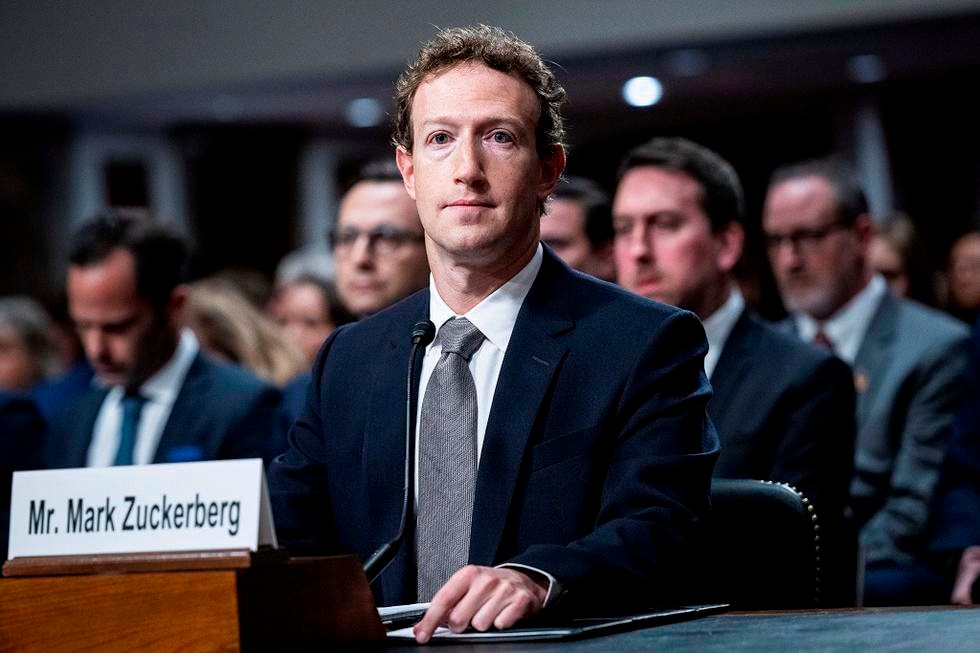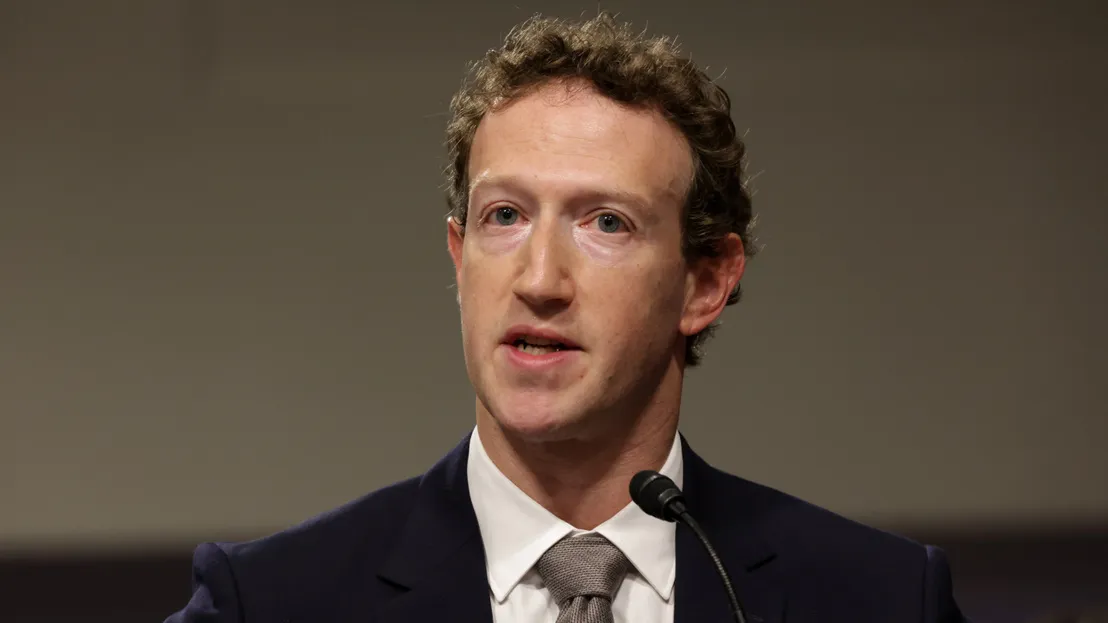

Meta Boss Makes Surprising Move: Invites Top Execs to Train MMA With Him in His Backyard Octagon!
In the world of tech, CEOs are often portrayed as visionaries glued to their laptops, building strategies in boardrooms or innovating through lines of code. But Mark Zuckerberg, the boss of Meta and one of the most influential figures in Silicon Valley, continues to prove that he is anything but ordinary. His latest surprising move — inviting his top executives to train mixed martial arts (MMA) with him inside his own backyard octagon — has sparked endless fascination across industries.
This unconventional team-building activity is more than just an eccentric billionaire hobby. It reflects Zuckerberg’s evolving identity as both a tech mogul and a martial arts enthusiast. At a time when Meta faces both opportunities and challenges, his decision to bring his executives into the octagon blurs the line between personal passion and corporate culture. But what does this mean for Meta, for its employees, and for the way leaders connect with their teams?
Zuckerberg’s Fascination With Martial Arts
For those who have followed Zuckerberg closely, his fascination with martial arts is not new. Over the past few years, the Meta CEO has spoken publicly about his training in Brazilian Jiu-Jitsu and his growing admiration for combat sports. In fact, he has even competed in local BJJ tournaments, surprising many by winning medals despite his beginner status.
Zuckerberg has described martial arts as not only a physical activity but also a mental discipline that sharpens focus, resilience, and strategy — qualities he says are transferable to leadership in business. His personal transformation into a martial arts devotee has been well-documented on social media, where he often shares glimpses of his training sessions, complete with sparring gear, sweat-soaked T-shirts, and a competitive edge that rivals his tech ambitions.

The Backyard Octagon
Of all the symbols of Zuckerberg’s martial arts obsession, none is more striking than the backyard octagon he had constructed at his California estate. Modeled after the cages used in professional MMA fights, this training space is equipped with padded walls, mats, and all the tools necessary for serious combat practice.
What started as a personal sanctuary for workouts and sparring has now become a corporate arena where business and sport collide. By inviting top Meta executives into this octagon, Zuckerberg has transformed it into a literal and symbolic space for testing limits, building trust, and fostering camaraderie.
Executives in the Cage
According to insiders, Zuckerberg personally extended invitations to several high-ranking Meta executives, encouraging them to join him for MMA training sessions. While some may have been initially hesitant, the response was reportedly enthusiastic. For executives accustomed to PowerPoint slides and quarterly reports, stepping into an octagon alongside their boss is a radically different kind of challenge.
The sessions involve a mix of striking drills, grappling exercises, and cardio-intensive routines. Zuckerberg himself participates actively, not just as a host but as a sparring partner. Executives are said to emerge from the cage exhausted but exhilarated, with a newfound respect for the physical and mental demands of martial arts.
A New Kind of Team-Building
Traditional corporate team-building often includes retreats, brainstorming sessions, or trust-building workshops. But Zuckerberg’s MMA approach redefines the concept entirely. Training together in a combat sport requires vulnerability, humility, and a willingness to learn — qualities that can strengthen bonds among colleagues who might otherwise interact only in high-stakes business settings.
The physical intensity of sparring strips away titles and hierarchies. Inside the cage, a senior vice president is simply another participant trying to master a chokehold or defend against a takedown. This leveling effect fosters a sense of unity that may be hard to achieve in a conference room.
Why Zuckerberg Chose MMA for Executives
There are several reasons why Zuckerberg might have chosen MMA as a bonding activity for his top team. First, it reflects his genuine passion. Leaders are often most inspiring when they share something authentic, and Zuckerberg’s enthusiasm for martial arts is undeniable.
Second, MMA emphasizes discipline, adaptability, and strategic thinking — qualities that parallel the challenges Meta faces in the competitive tech landscape. Just as fighters must anticipate their opponent’s moves, executives must anticipate market shifts, regulatory challenges, and consumer trends.
Finally, MMA training builds resilience under pressure. For a company navigating the complexities of virtual reality, AI, and global expansion, resilience may be one of the most valuable traits a leadership team can cultivate.

Public Reaction
News of Zuckerberg’s MMA team-building has triggered a wide range of reactions. Supporters praise the creativity and boldness of the move, calling it a refreshing alternative to standard corporate culture. They argue that such experiences make leaders more relatable and foster genuine connections.
Critics, however, see it as another example of billionaire eccentricity. Some question whether forcing executives into physically demanding activities is truly productive, or whether it risks becoming a vanity project centered on Zuckerberg’s personal interests. Social media has been quick to turn the story into memes, with users joking about “fighting your boss in the cage” or comparing Meta’s boardroom to an MMA arena.
Blurring the Line Between Work and Play
What makes this move particularly fascinating is how it blurs the line between work and play, personal passion and corporate responsibility. For Zuckerberg, martial arts is not just a hobby but a lens through which he views life and leadership. By integrating it into his corporate culture, he signals that Meta is not only a company of coders and designers but also of fighters — people willing to take risks, adapt quickly, and push through adversity.
This integration also reflects a broader trend in leadership, where CEOs are increasingly expected to model authenticity. Employees want to see leaders who are human, vulnerable, and passionate. By sweating it out in an octagon with his team, Zuckerberg humanizes himself in ways that boardroom speeches never could.
The Broader Impact on Meta’s Culture
The long-term impact of these MMA sessions remains to be seen, but the short-term effects appear to be positive. Executives who train together reportedly feel a deeper sense of trust and camaraderie. The shared experience of physical challenge creates bonds that carry over into professional collaboration.
Moreover, the move reinforces Meta’s image as a company that embraces boldness and unconventional thinking. Just as the company has bet heavily on the metaverse, AI, and other ambitious projects, its leader demonstrates that he is unafraid to push boundaries in unexpected areas.
What This Says About Leadership in the 21st Century
Zuckerberg’s surprising decision underscores a shift in what leadership looks like in the modern era. Today’s leaders are not just expected to manage profits and strategies; they are also cultural icons whose personal choices influence corporate identity. By inviting his executives into an octagon, Zuckerberg sends a clear message: leadership requires toughness, adaptability, and the courage to step outside comfort zones.
It also suggests that the future of corporate culture may be more experiential and less hierarchical. As younger generations enter the workforce, they value authenticity, shared experiences, and nontraditional forms of engagement. Leaders who embrace these values are more likely to inspire loyalty and innovation.
Conclusion: More Than a Training Session
The story of the Meta boss inviting top executives to train MMA in his backyard octagon is about more than martial arts. It is about a leader using his passion to reshape corporate culture, strengthen bonds, and model resilience in the face of challenges.
Whether praised as genius or dismissed as eccentricity, the move highlights Zuckerberg’s willingness to experiment not only with technology but also with leadership itself. In a world where the lines between personal identity and corporate vision are increasingly blurred, his octagon stands as both a literal and symbolic arena for testing what it means to lead in the 21st century.
As Meta continues its ambitious journey into the metaverse and beyond, one thing is certain: its boss is not afraid to fight — both inside and outside the boardroom.


















